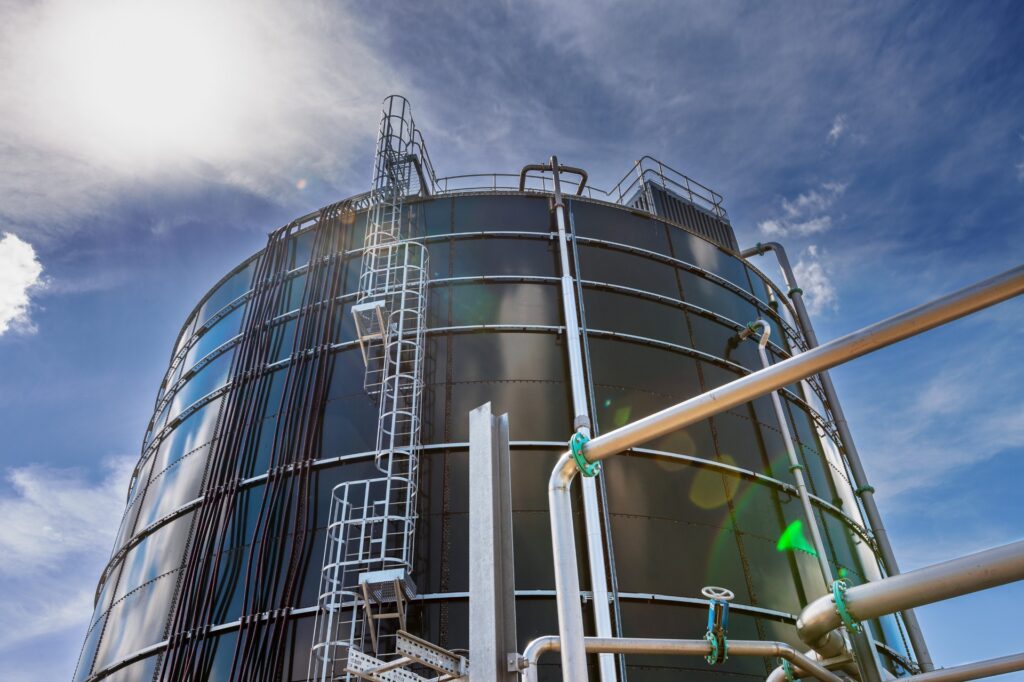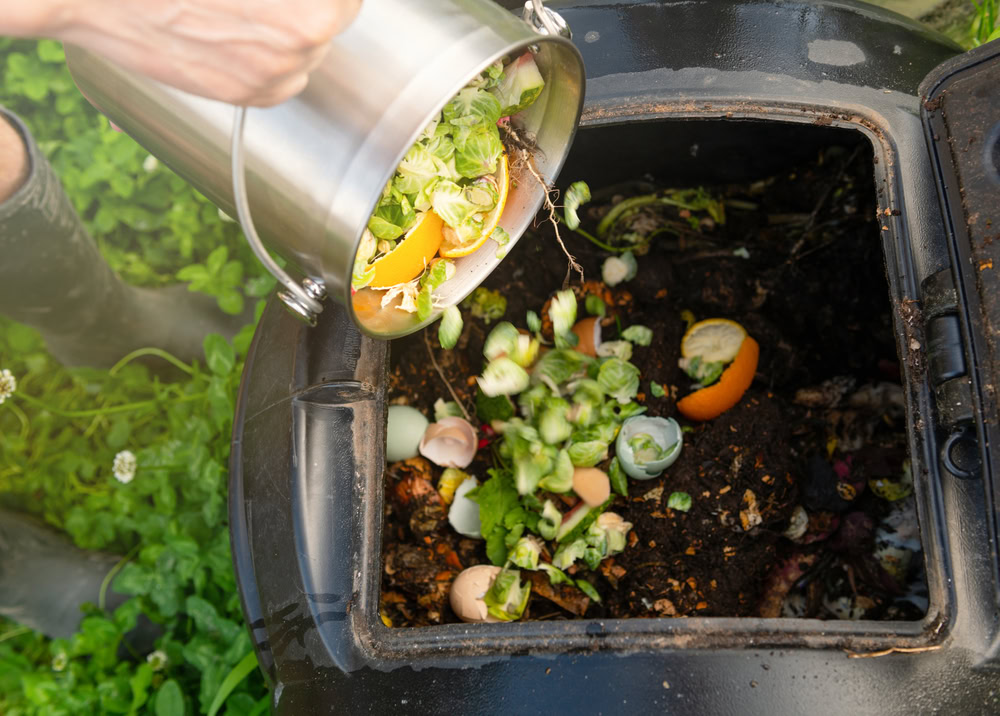The anaerobic digestion (AD) operator will process up to 11,000 tonnes of food waste per year from Newcastle-under-Lyme, East Staffordshire, Staffordshire Moorlands and Stoke-on-Trent City Council.
The food waste will be treated through AD, producing energy and digestate for use on agricultural land.
The framework, which includes five appointed providers, will run for up to four years from spring 2026.
Head of Service, Emma Haynes at Staffordshire County Council, said: “Working with BioteCH4 in recent years, the company has demonstrated it is an experienced, waste operator to be relied upon.
“Obviously, it did well in the tendering process, and we are looking forward to continuing our partnership.”
Pamela Woolcock, Group Public Sector Lead for BioteCH4, added: “We’re delighted to have re-secured Newcastle-Under-Lyme and are looking forward to extending our partnership with Staffordshire County Council and Stoke-on-Trent City Council.
Rollout of food waste collections
Under the agreement, BioteCH4 will collect food waste daily from a network of three transfer stations throughout Staffordshire.
The company said it will work closely with councils introducing separate food waste collections for the first time ahead of Simpler Recycling, supporting the rollout and aiming to maximise recycling performance across the region.
BioteCH4 currently handles food waste for Newcastle-under-Lyme District Council and will continue that relationship under the new framework.
The operator processed over 600,000 tonnes of food waste in 2024 across six AD sites in the UK.
Woolcock commented: “Having worked with Newcastle-Under-Lyme for over two years, we’ve made some great strides on raising awareness of food waste recycling.
“We’d urge other local authorities currently looking at their procurement to speak to operators and get the ball rolling as soon as is feasible.”
Simpler Recycling
The move comes ahead of Simpler Recycling changes to food waste collection, which will require local authorities in England to provide the separate collection of dry recycling, food waste and residual waste in 2026.
The legislation came into force in March 2025, requiring businesses with over ten full-time employees to separate these materials.
Kerbside plastic film collections from workplaces and households will be introduced by 31 March 2027.








Subscribe for free